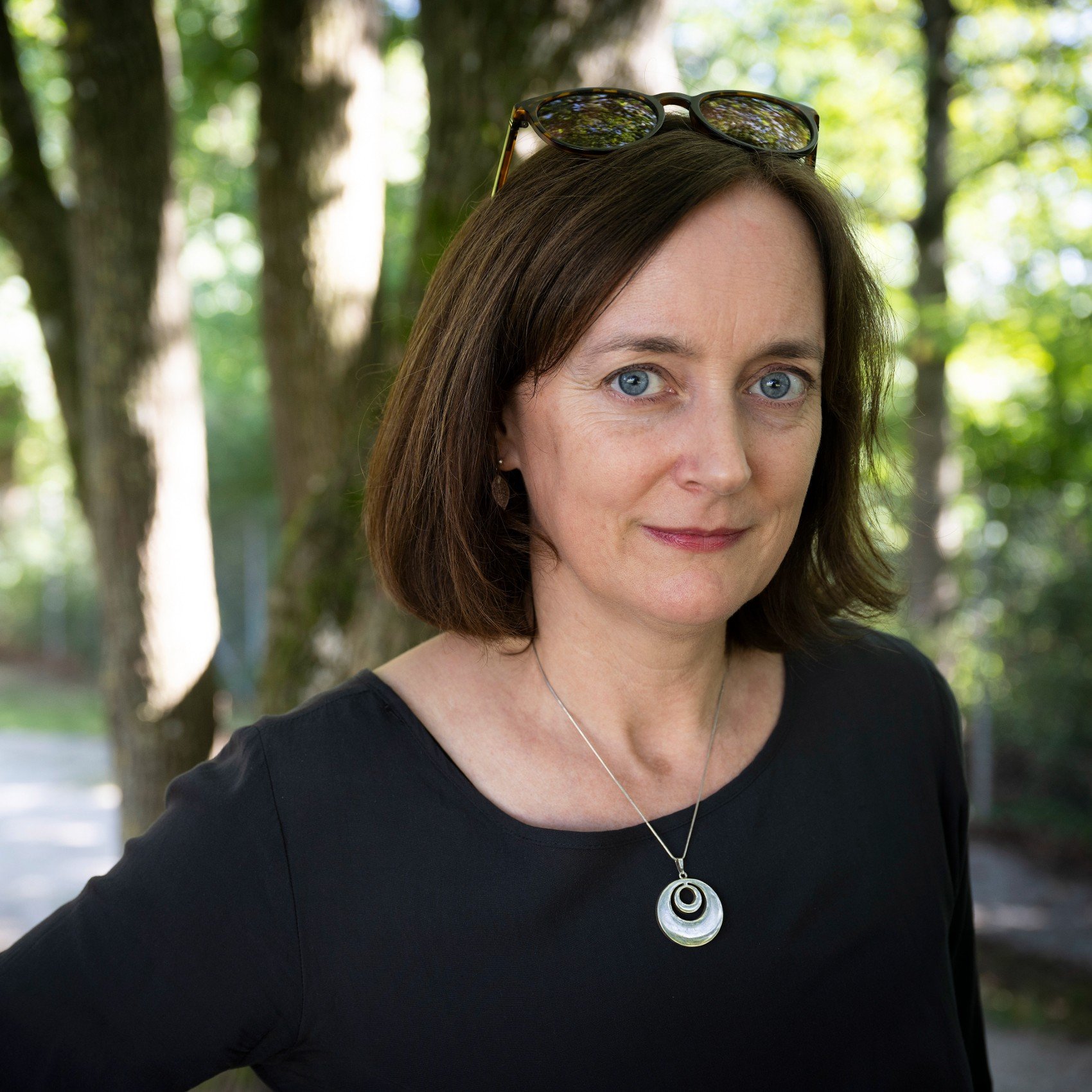The first popular initiative, launched by trade unions, is called ‘To live better in retirement’. This noble aspiration comes with an annual price tag of four billion francs. The proposal is to increase the annual state pension by 8.33 percent by making a thirteenth annual payment.
The second initiative emanates from a completely different world view, championed by the youth section of the Radical-Liberal Party. It aims to increase the retirement age from 65 to 66 by 2033, and then to tie it to life expectancy. This idea comes with an annual saving of two billion francs.
Voters will get to decide if older people should receive more or give more, or whether to leave the status quo. Both ideas suffer from being rather blunt instruments but they will serve as an interesting test of public opinion.
Free money
The Swiss are traditionally cautious about voting for ‘free stuff’, even when it might benefit them directly. Statutory paid maternity leave was turned down four times before finally being accepted in 2005. Voters said no to two weeks more annual leave in 2012 and rejected a minimum wage in 2014.
The 2.5 million people – every Swiss resident over the age of 65 – who currently receive the state pension, known as the Old Age and Survivors’ Insurance, can’t be counted on to vote to receive a higher pension. Why? Because most of them don’t need it.
In addition to this basic first-pillar payment (up to a maximum of CHF32,000 annually for a single person), pensioners may have income from their occupational pension, private pension, or both. These are known as the second and third pillar of the pension system.
Retirees whose combined pension payments are not enough to meet their living costs are entitled to complementary social assistance payments. In 2021, that was 12.5 per cent of pensioners.
READ ALSO: The reasons why living in Switzerland can prolong your life
Expensive times?
Inflation in Switzerland is relatively low – 2.1 percent in 2023 was considered a bad year. But it’s also not a great measure of the cost of living, particularly as it does not include health insurance premiums, which are up 8.7 percent in 2024 alone.
There is no doubt that some older people struggle to make ends meet – and they would de delighted to have an extra 1,225 to 2,450 francs per year (current range of the monthly payment) to get by. But is that a reason to give everyone over 65 extra money – including the wealthy?
The fundamental flaw with this proposed reform is that it is not means tested. Making a universal payment is an extremely expensive way to help people who are genuinely facing poverty. It is estimated that one in five pensioners live below or close to the poverty line – counting income, not assets.
It seems clear that the energy put into this initiative would have been better spent designing a measure that would target those who actually need the money. But if you do want to help the needy, right here, right now, this initiative would at least be a quick fix.
Losing support
The proposal to increase retirement age has also been rejected by the government, which is not comfortable with the concept of building in the automatic link to life expectancy – in other words, basing policy on a mathematical formula.
But the initiative campaign says raising the retirement age is the best way to save the state pension while being fair to all generations. The pension pot is mainly funded by today’s workers, in the expectation that they will have the same benefit one day.
Sunday’s votes are people’s initiatives, based on the collection of signatures. To pass, they need not just a simple majority but a majority of cantons to say yes. Neither appear to be in a strong position.
The retirement age proposal looks sure to be defeated, especially as voters just accepted an increase in women’s retirement age from 63 to 65 in 2022, which is still being rolled out. The notion that the rich could still afford to retire while ordinary workers will be chained to their jobs for longer rankles with voters.
After a strong start, support for the thirteenth pension payment has been ebbing away and a ‘yes’ vote now looks in doubt. The results will be closely watched on Sunday.
More complex answers
Most people realise that the retirement age will have to be hiked up sooner or later, but to actually persuade the Swiss to vote for this scenario, there would need to be plenty of extra measures to guarantee fairness and flexibility.
What a lot of the debate around ageing and retirement funding seems to miss is that the elderly are a mixed bunch in terms of privilege. Policies that don’t take into account that complexity are not much help.
Yes, most Swiss people of retirement age are in reasonably good health and in a good financial situation. At 83 years, Swiss life expectancy is among the highest in the world. Depending on the job, the economy could probably squeeze an extra year of work out of them.
However, this segment of the population, born around 1959, cannot be lumped together as one homogenous group. Women and immigrants tend to accumulate smaller pensions. Single people are generally worse off than couples.
Some have a life of disadvantage and hard jobs behind them; others benefitted from a world-class, heavily subsidised education and have built up huge assets. Some are fit as fiddles, leaping from one mountain peak to the next, and some already suffer from multiple geriatric health problems.
Answers to their needs will have to be written on more than the back of a postcard.





 Please whitelist us to continue reading.
Please whitelist us to continue reading.
Member comments